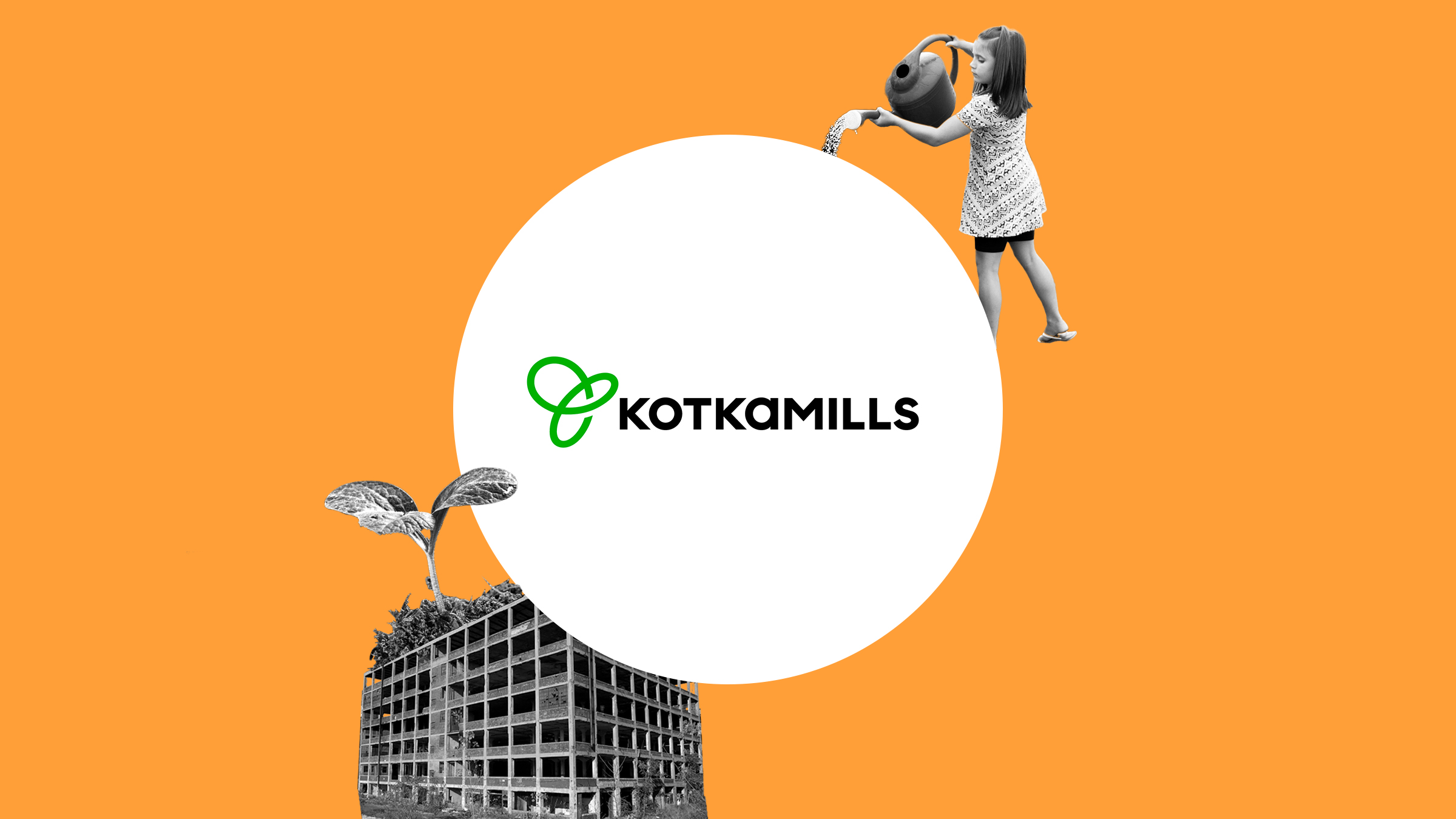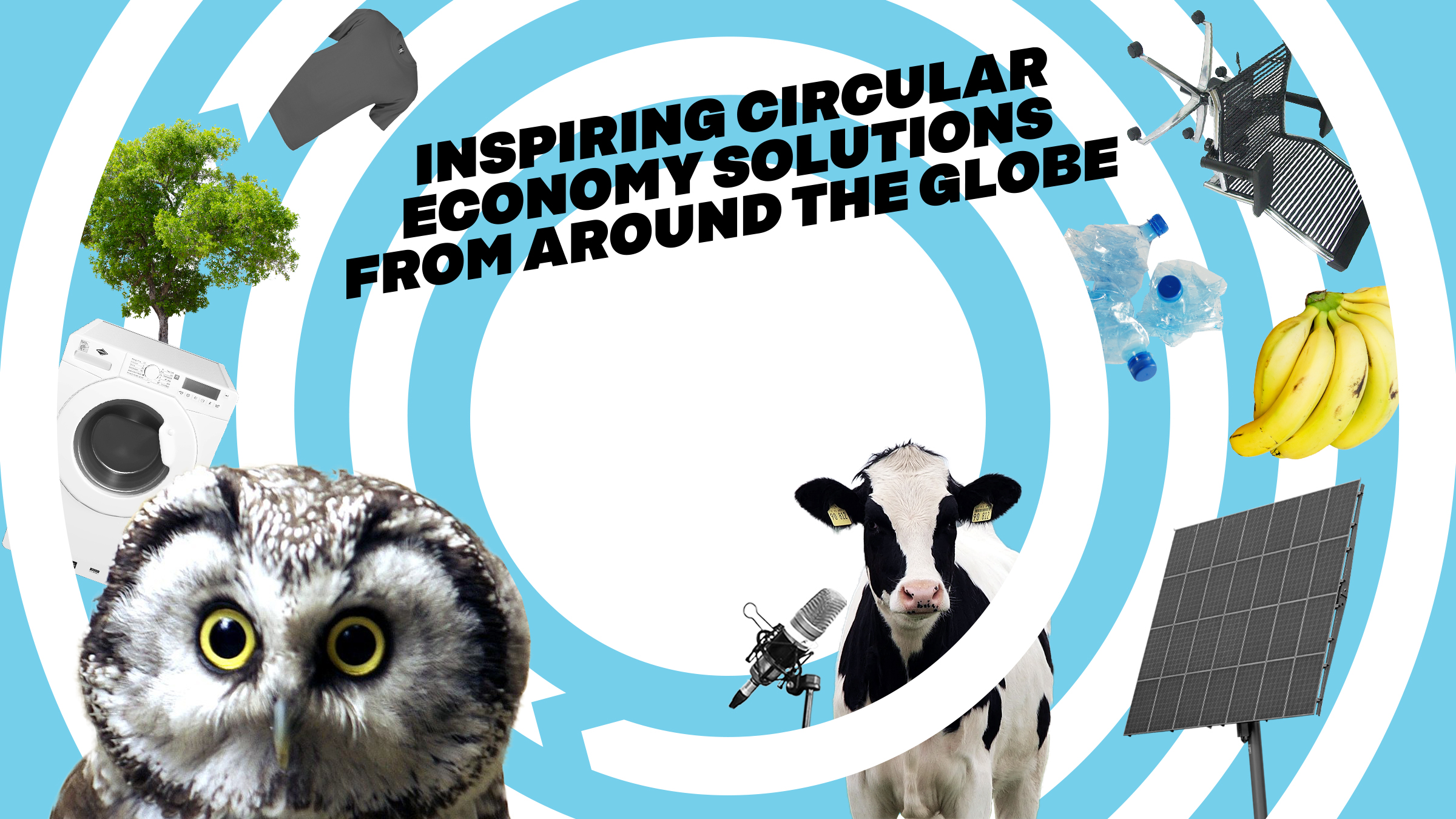Kotkamills’ solution improves the recyclability of packaging products that are irreplaceable for society yet highly problematic from an environmental perspective. The solution eases access to sustainable raw material use and helps realise the sustainability ambitions and targets of companies and consumers.
Previously, there was demand for sustainable plastic substitutes in the market by eco-frontrunners, but no real commitment. Kotkamills has closely cooperated with converters, brand owners and the secondary market to ensure that stakeholders can use the solution for primary applications on the industrial scale.
Problem
Food packaging is a necessity for safe and hygienic food services globally, and disposable food packaging seems like an inseparable part of our modern lifestyle. The use of plastic in fibre-based packaging makes these products grease and moisture resistant, but also hinders their recyclability. Therefore, these products often end up in landfills or incineration and can cause plastic accumulation in nature.
Solution
Kotkamills has developed a barrier board for food packaging. The material is grease and moisture resistant, biodegradable and fully recyclable in the existing recycling processes. It can also be easily used in existing recycling and package converting processes.
The product’s design enables easy industrial processing and the recycling of packaging materials into pulp and further into new paper and board products. The recycled fibre has a lower price than virgin pulp and therefore strengthens the secondary materials market.
The upcycling of sawmills’ excess wood chips, the main fibre raw material of the product, improves resource efficiency of the forest industry and enables additional revenue creation. Kotkamills collaborates with other organisations to develop new methods for waste sorting to ensure the materials remain in the loop.
Environmental impact
By replacing plastics, Kotkamills decreases the use of non-renewable raw materials and the greenhouse gas emissions of the packaging industry. The barrier board can be fully recycled but it is also biodegradable and can thus reduce plastic accumulation in nature, preventing microplastics and chemical pollution.
Social impact
The new barrier board improves consumers’ access to products with sustainable packaging, without risking food safety and hygiene or compromising consumer convenience. By reducing the amount of plastic waste accumulating in nature, Kotkamills also contributes positively to the health and wellbeing of communities.


Inspired?
Check out all solutions.